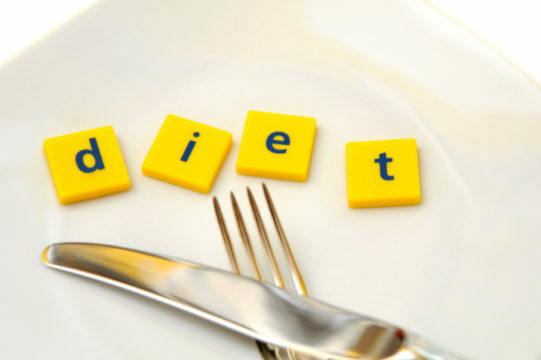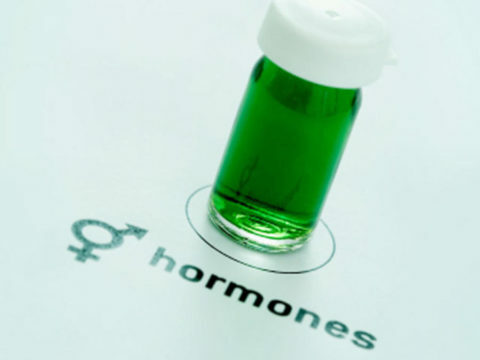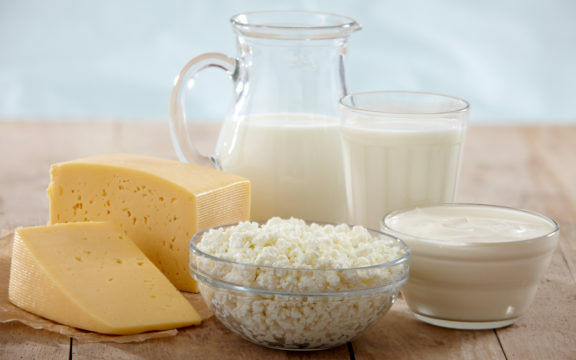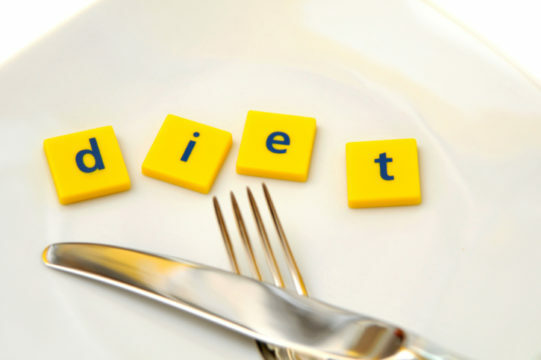Excess weight with hypothyroidism is a fairly common concept. Endocrinologists claim that after treatment with medications, hormonal imbalance comes back to normal, and body weight begins to gradually decrease. However, not all patients experience this. The process of reducing body weight in hypothyroidism has a number of characteristics, so the desired result is achieved only after a certain time.
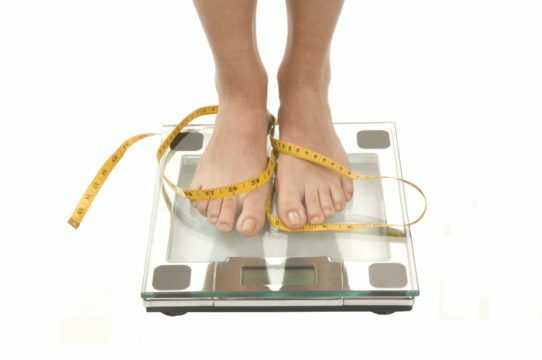
Weight loss in hypothyroidism
Hypothyroidism and overweight are closely interrelated. There are two causes of excess weight when thyroid dysfunction:
- Large amount of adipose tissue. Fat tissue accumulates in the body due to a metabolic malfunction. In humans, dyslipidemia occurs because of increased insulin and a simultaneous increase in blood glucose levels. Glucose does not enter the tissues of organs, but settles in fat cells.
- Because of the lack of thyroid hormones, the body accumulates a lot of water. Losing weight with hypothyroidism begins after taking L-thyroxine, excess fluid begins to leave the body and there is a slight weight loss. However, if the recommended lifestyle and proper nutrition are not respected, excess pounds quickly return.
It is impossible to lose weight with thyroid hypothyroidism in a short period of time. Exhausting physical activities and a rigid diet are not suitable for patients with thyroid disease. It is not recommended to independently develop a strategy of losing weight, it is better to do it together with the doctor who is treating. The endocrinologist should pay attention to the analysis of TSH, the lower its index, the greater the probability of successful weight loss.
Hypothyroidism is more susceptible to older women, and they are often interested in a doctor: how to lose weight with hypothyroidism? After the course of treatment, the hormonal background is restored within three months, while it is necessary to engage in non-severe physical exercises and observe a strict diet. You will not be able to lose weight immediately, you need time and patience. Particular attention should be paid to diet, it is on her depends on the result of weight loss.
Diet for hypothyroidism
On the advice of an endocrinologist, weight loss in hypothyroidism depends on the correct nutrition of the patient. A complete refusal of food will only exacerbate the situation - the metabolism, disturbed by the disease of the thyroid gland, slows down its work even more strongly, and the probability of serious complications is quite high. If thyroid function is impaired, a weakened body needs a properly selected diet that will be tailored to the specific disease.
The basis of the diet for hypothyroidism is the principle of fractional nutrition: food should be taken as often as possible and in small doses. The patient's thyroid gland should receive the necessary vitamins and minerals from the consumed food, so it is so important to adhere to the established diet.
During a diet with hypothyroidism, it is recommended:
- Use of food products that contain tyrosine. This list includes: low-fat meat, fish, turkey, chicken breast, low-fat dairy products, bananas, pumpkin seeds.
- Food intake, which contains iodine: seafood, sea kale. It should be noted that iodized salt should not be added to food daily, it is enough to add food to it twice a week. Excessive consumption of iodine can negatively affect the thyroid gland, so consultation of the endocrinologist in this matter will not hurt.
- For successful weight loss, the body needs protein, which is found in eggs, white poultry meat, seafood.
- During the diet, do not forget about products containing selenium: nuts, broccoli, onions, garlic, brewer's yeast, salmon, tuna, low-fat meat.
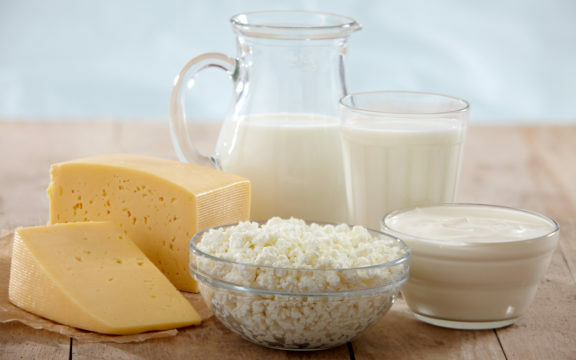
To improve metabolism, slimming can eat almost all dairy products with a low percentage of fat: milk, cottage cheese, cheese, fermented baked milk.
Large coffee lovers can pamper themselves with a couple of cups a day, if the drink is not abused, it will not harm.
Foods not recommended for use during a diet:
- Products containing soy. At present, a large number of food products have soya in their composition. These products suppress the function of the thyroid gland and are therefore extremely undesirable in use.
- Many varieties of cabbage: white, Beijing, color. Completely exclude them from the diet is not worth it, the main thing is not to overdo it.
- Tap water. Scientists have proved that the substances contained in the water from the tap can neutralize the effect of iodine in the body.
- Wheat flour from wheat contains gluten, which is also undesirable for hypothyroidism.
- When the thyroid gland is damaged, excessive fluid accumulates in the body and puffiness arises. Therefore, doctors advise not to drink more than 1.5 liters of fluid per day.
There is no specific diet for weight loss in hypothyroidism. Diet can be made independently of the recommended products, while it is worth focusing on a daily rate of 1800 kcal. Only after the attending physician gets acquainted with the diet, you can start to implement it.
Causes and Symptoms of Hypothyroidism
Thyroid hormones exert a tremendous influence on all processes occurring in the human body:
- Participate in metabolic processes of the body;
- Regulates the operation of virtually all human systems: cardiovascular, nervous, immune and other systems;
- Participate in the overall development of the body as a whole.
When hypothyroidism occurs, a person experiences a decrease in labor activity, worsening of mood, and weight gain. Women in reproductive age react more strongly to thyroid disease - there is a malfunction of the menstrual cycle, there are problems with conception, there are cysts in the female genital organs.
The general symptoms of thyroid dysfunction include:
- Depressive state, worsening concentration of attention;
- Weakness in muscles;
- Friability of nails and dry skin;
- Appearance of puffiness, and diuretics do not bring the expected effect;
- Significant increase in body weight, weight loss is difficult even with increased physical exertion;
- Reduced appetite.
If you experience any of these symptoms, you should immediately consult a doctor who diagnoses the cause of the ailment with the help of a diagnosis. According to available laboratory tests, the endocrinologist prescribes appropriate treatment, which can be performed with hormonal therapy or other alternative treatments.
Weight loss in hypothyroidism, in addition to aesthetic nature, also has a therapeutic aspect. In the treatment of thyroid dysfunction, the diet is a part of medical activities, without which a favorable outcome of therapy is impossible.
Is it possible to get rid of excess weight with hypothyroidism by usual "starving" diets or exhausting trainings? The answer is, of course, no. Disease shchitovidki entails a metabolic disorder, because of which the excess weight takes place.
The diet should be balanced. Meals are recommended to be carried out in frequent and small portions, avoid fatty and salty foods. Do not wait for an instant result, while following a strict diet of small physical loads, weight will gradually return to normal.

